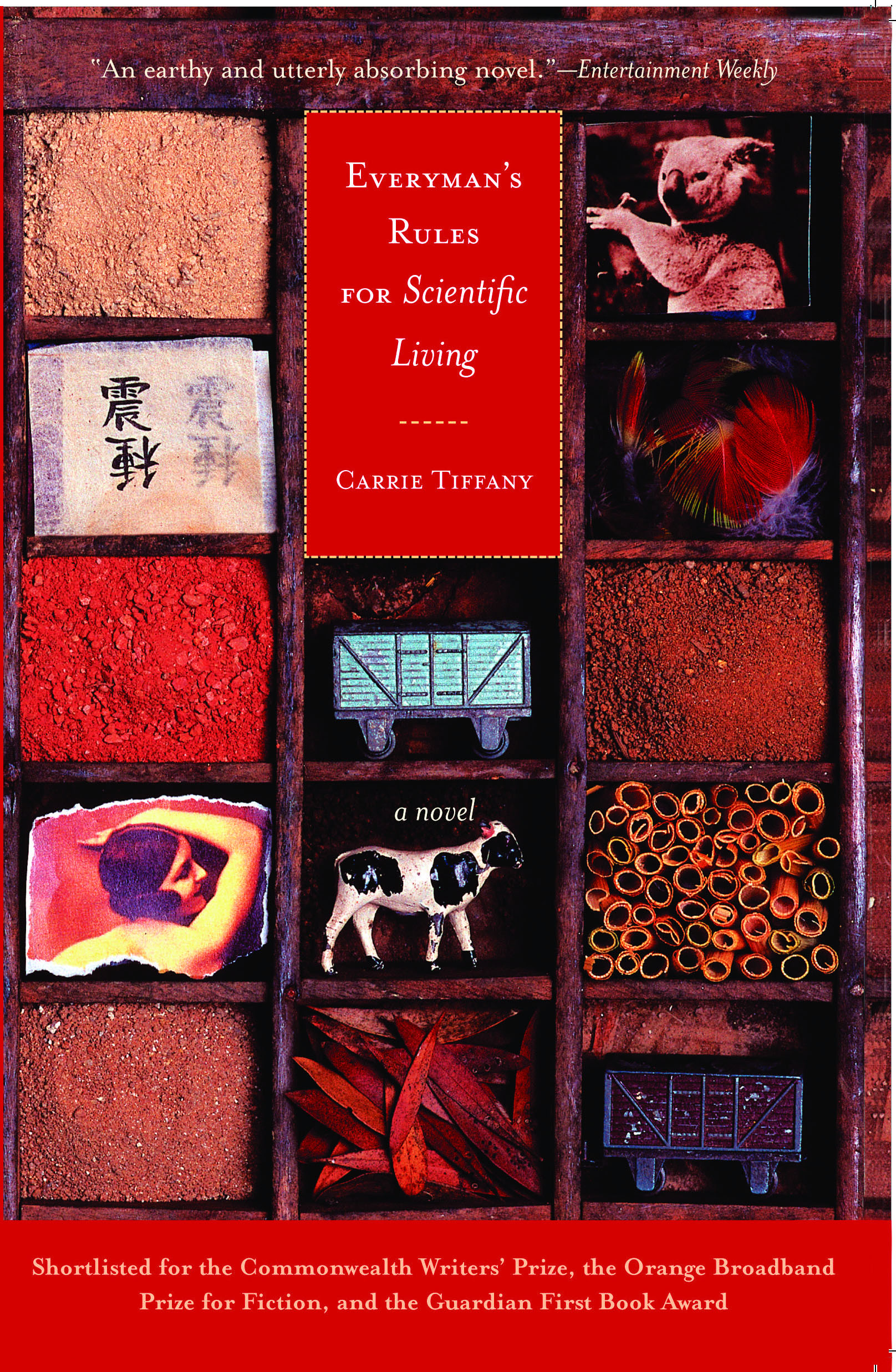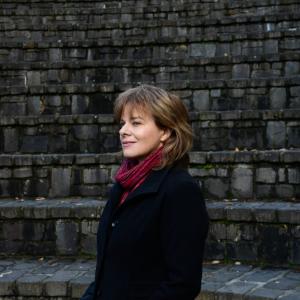

The air moves in through open slats, across the beasts, across us walking up the aisles, and then mixes together behind the train into a heady, steamy cloud. She says, 'Oh lordy, lordy,' clapping a white handkerchief to her nose in the pig car.Įach car is a tunnel of smell. Sister Crock says when a lady travels she must be seated.

Being at the end means that when we have finished our lectures at one town and packed up to travel to the next, we must walk through all of the agricultural cars to the sitting car up front. The cinders are not the real reason Sister Crock complains. They are men with no experience of corners. At the Minyip siding I notice that the men of the wheat districts are straight-backed and stiff-necked. There are no corners, no hills, no ridges, no edges to anything. Because she raises this complaint in the Mallee where we chug along for days, as if drugged, pushing through the endless wheat. She says it is a question of cinders, when the train turns a corner cinders blow back through our windows into our kitchen, onto my dressmaking dummies, dressed and swaying.

My colleagues - Sister Crock, head of 'women's subjects', and Mary Maloney, lecturer in cooking - complain about our position. Fourteen cars of stock and science and produce and then us, a shiny afterthought: infant welfare, cookery and home sciences. They gleam, inviting touch, and give off a sweet, waxy aroma. Our fruits and vegetables on display are large and smooth and perfectly formed. Beasts broader than they are high, cows with giant dangling udders whose teats brush the ground like the fingers of a glove, fleece-laden sheep like walking muffs, wheat grown so high by colourless chemicals it reaches the waist of the tallest man. We bring to each town new sizes and shapes and colours. A row of Eaglehawk graziers watch him closely and bray with disbelief at the lush green of the pasture, although the slide is in black and white. There he is, before breakfast, caring for his dairy herd in the wet hills of Mirboo North. Our lecturettes, illustrated with lantern slides, show the same farmer, time after time, about his chores. The children say, 'Look, a circus, look at the tent, look at the animals.'


 0 kommentar(er)
0 kommentar(er)
